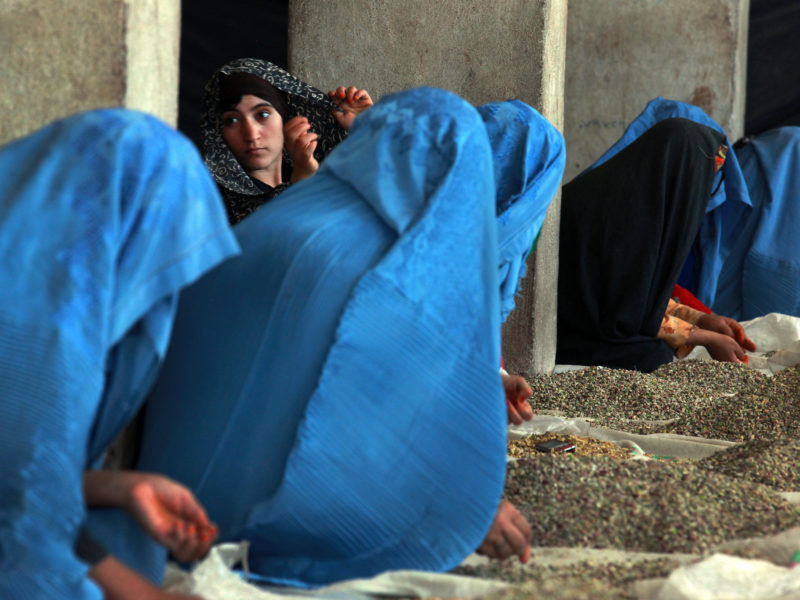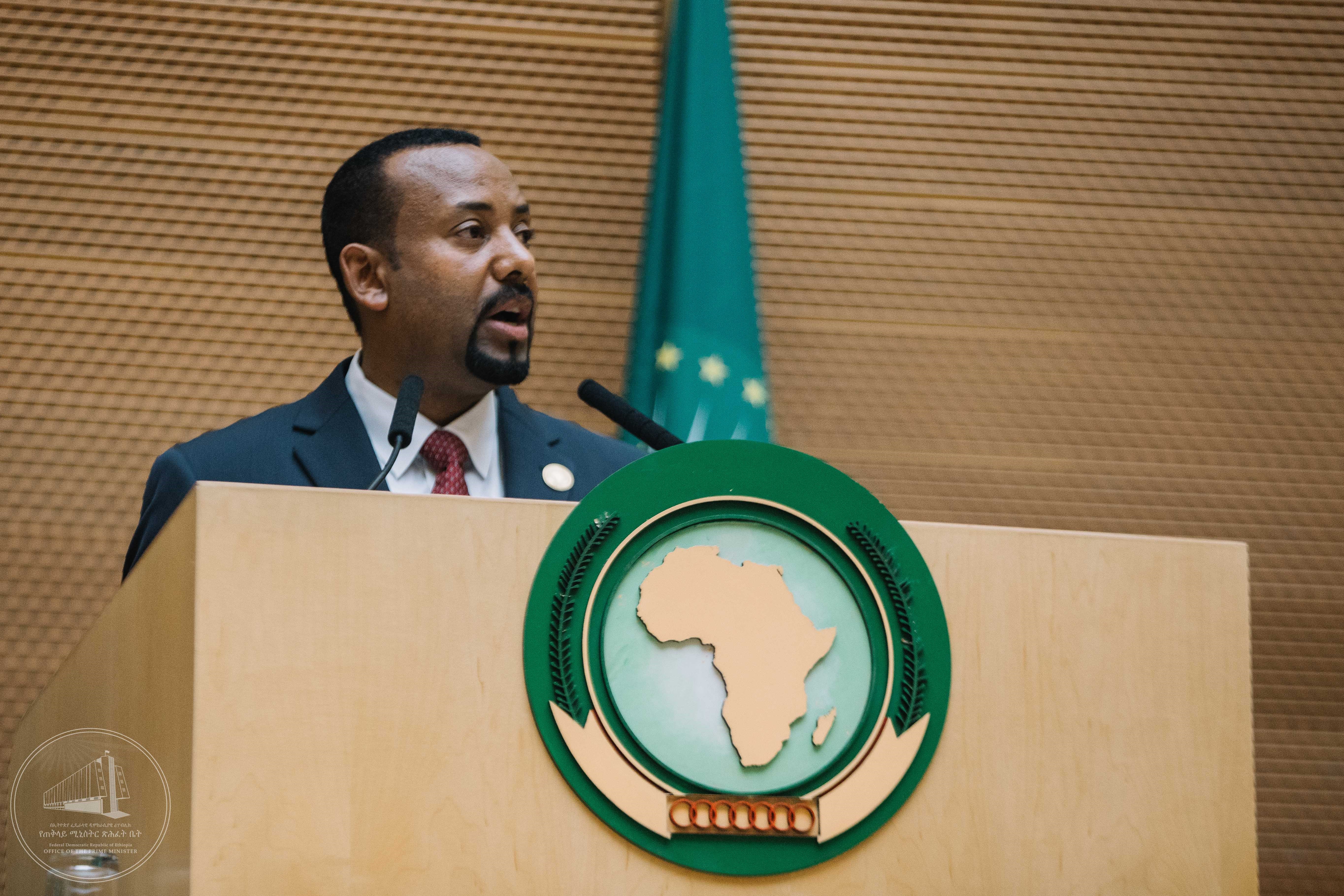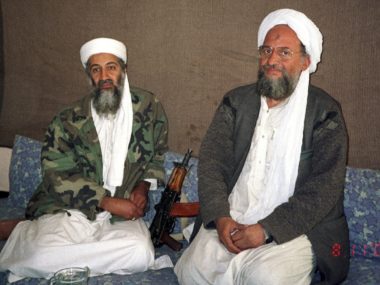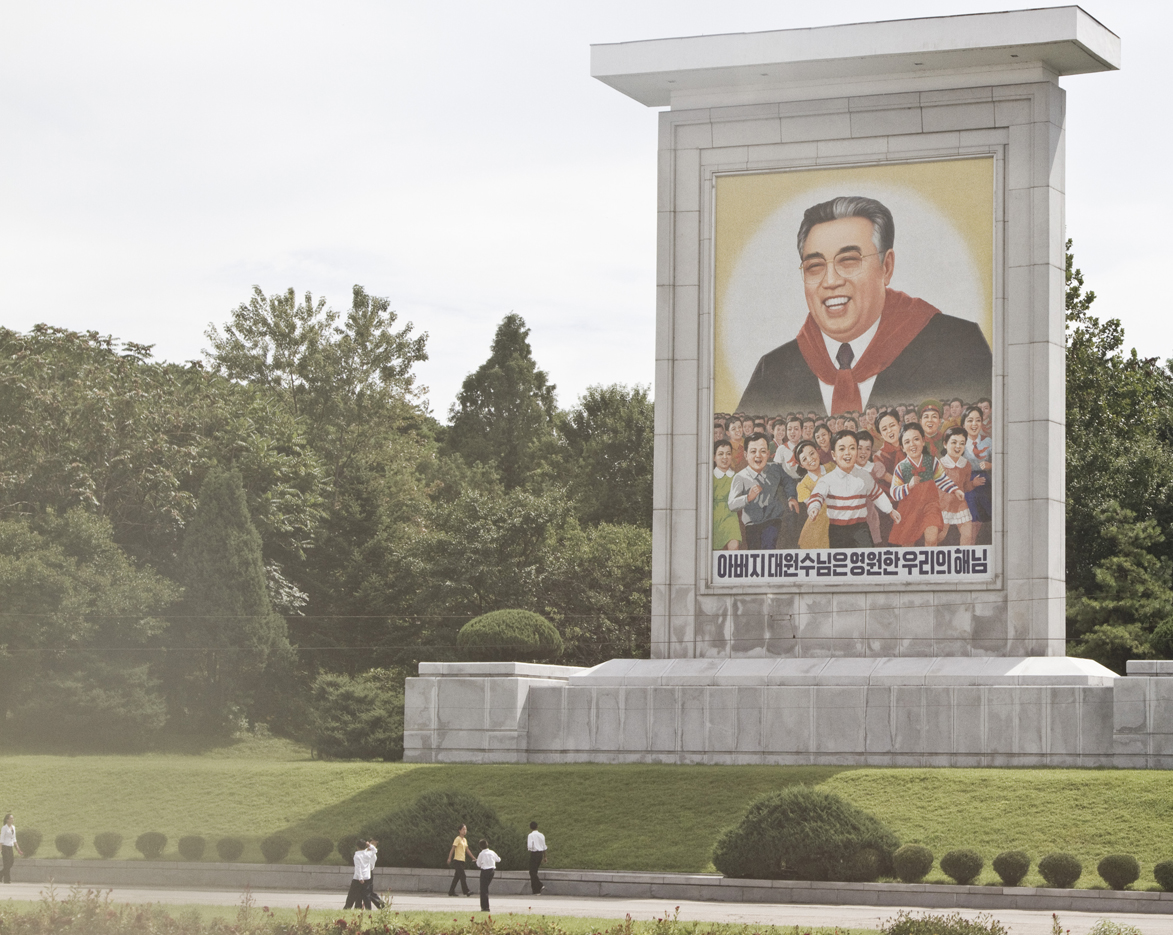Guest post by Madhav Joshi and Louise Olsson
What does the Taliban takeover of Kabul mean for the future of women’s rights in Afghanistan? Only a few women took part in intra-Afghan negotiations in Doha between the then-Afghan government and Taliban representatives. Nevertheless, there were high expectations that the Afghan government and the Taliban would negotiate a comprehensive settlement that would institutionalize achievements made over the last 20 years with respect to women’s rights.
With the fall of Kabul, however, hope has now turned to fear. What comes next for women’s rights in Afghanistan?
The way a war ends has substantial implications for women’s rights. Our research shows that rebel victories, like that of the Taliban, are bad news for women. In our analysis of 205 war terminations in 69 countries, we only found improvements in women’s political rights when warring parties negotiated and implemented a comprehensive political settlement. This is virtually the only circumstance in which warring parties develop consensus for broad social, political, and economic reforms and remain open to support from international actors to implement such reforms. Rebel victories, by contrast, tend to marginalize both the domestic and international allies of women’s groups.
To make matters worse, the Taliban hold a radical Islamic position on social issues. They were true to their ideological position when they ruled Afghanistan from 1996 to 2001, and all signs so far suggest they will be again. After their sweeping military victory in 1996, the Taliban turned Afghanistan into the hardest place for women and girls to live, stripping them of their civil liberties and freedoms. Women were not allowed to work, and girls were not allowed to go to school. The Taliban forced women to wear the burqa, limited women and girls’ access to healthcare, and required women to be accompanied by a male relative if they wanted to leave their home. With no national political opposition, international pressure, or accountability, Taliban rule in Afghanistan was brutal.
In some/many ways, Afghanistan is a different place from the country the Taliban ruled in the late 1990s. Afghan women, in the intervening 20 years, have gone to school and university, participated in government, in sport, in arts, and in cultural life. Today, Afghan women are protesting in the streets of Kabul and Herat, demanding that the Taliban include them in the government, and reminding them and the international community that a government will not be complete (or legitimate) without them.
Initially, there were a few modest signals that the Taliban position on issues related to women’s rights might have changed, too. In their first press conference, they spoke about the “rights of women within the framework of Sharia,” and they allowed themselves to be interviewed by a woman journalist.
But the evidence so far points to a Taliban whose ideology has not changed. The Taliban did not appoint women in their negotiating team in Doha. They did not meet with the women’s groups either. The issue of women was brought up only once out of dozens of meetings that the Taliban had with international actors. And, as noted by Fawzia Koofi, one of four women representatives in the government negotiating team in Doha, the Taliban have not met with women leaders or organizations as they have negotiated a new government. Instead, they recently announced their first male-only interim government, which contradicted their initial invitation to women to join the government. The Taliban have also indicated that schools will be segregated by gender and women will be barred from certain professions. The journalist who interviewed the Taliban has now fled the country.
Though the Taliban have emerged victorious and the US withdrawal is complete, the international community still has significant influence. The Taliban cannot rule Afghanistan alone, and since the Doha negotiations, they have worked hard to remain engaged with the international community. International legitimacy and support could mean a removal of UN Sanctions and access to humanitarian and development aid, but whether the Taliban thinks it needs those sources of finance remains to be seen. It will be critical to see how key actors in the region, especially China and Russia, will engage.
For now, Afghan women and the international community are waiting to see whether the countries and United Nations, which have proclaimed Women, Peace, and Security to be the priority for foreign policy, are able to advance those interests in Afghanistan. Negotiating with the Taliban and addressing the new power dynamics in the region will constitute a formidable test of resolve.
Madhav Joshi is a research professor and associate director of the Peace Accords Matrix in the Keough School’s Kroc Institute for International Peace Studies. Louise Olsson is a senior researcher at the Peace Research Institute Oslo (PRIO), Norway.







